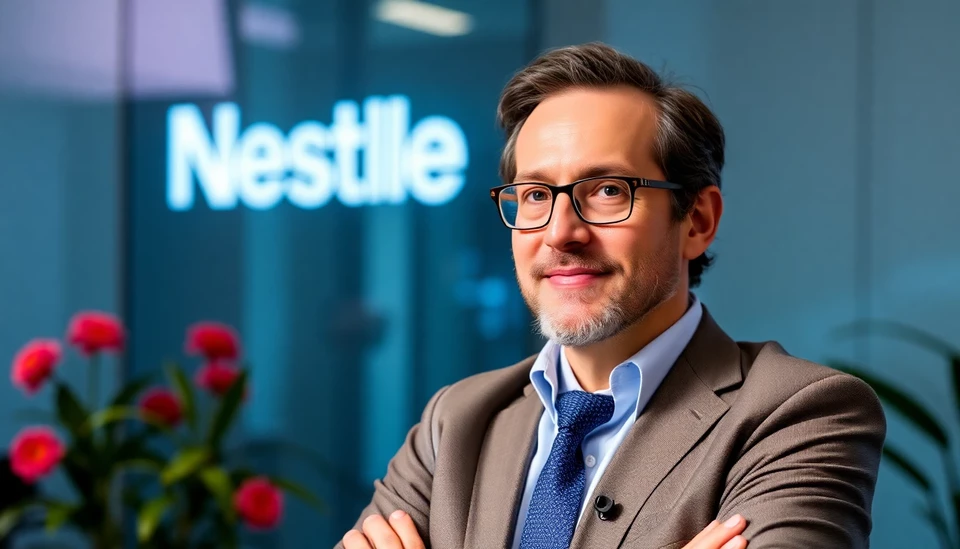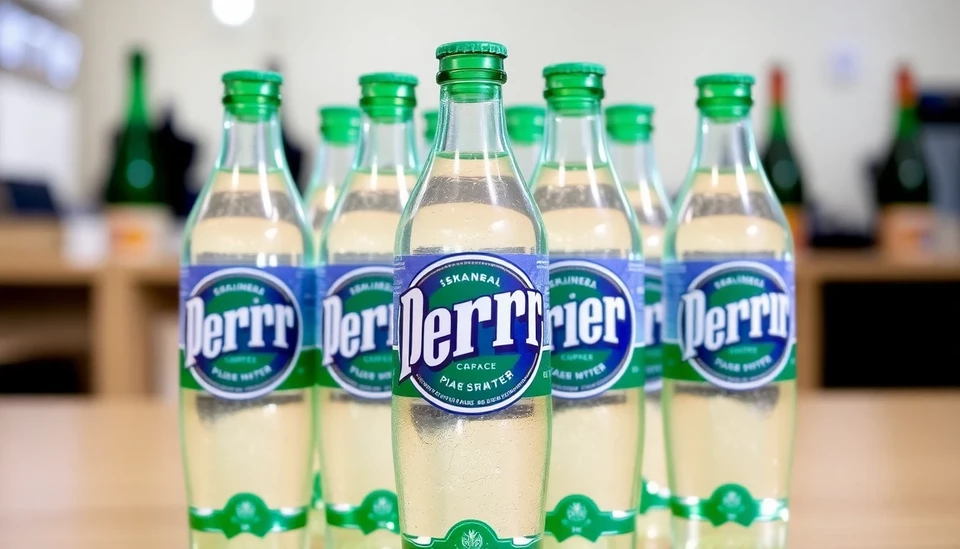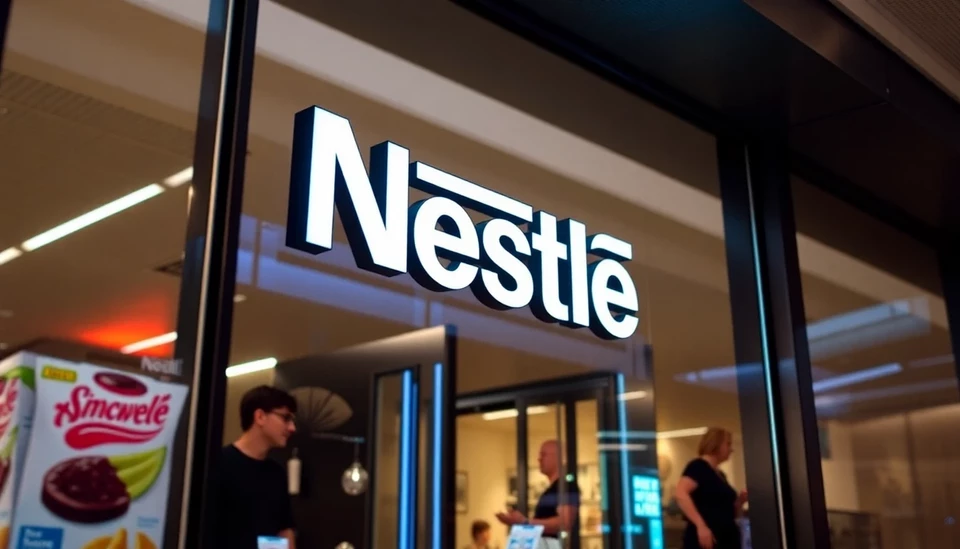
Nestlé, the global food and beverage giant, has recently appointed Laurent Freixe as its new CEO, stepping into this pivotal role amidst a backdrop of mixed performance and strategic missteps. Freixe, who previously led Nestlé's operations in Latin America, is tasked with addressing several key issues that have arisen under the stewardship of his predecessor, Mark Schneider.
The transition comes as Nestlé has been grappling with the fallout from a series of controversial decisions that have drawn scrutiny from both consumers and investors alike. Under Schneider's leadership, the company made significant investments in the plant-based products market and ventured into e-commerce, yet these moves have not yielded the expected results. Critics argue that the company has been slow to adapt to shifting consumer preferences, particularly towards sustainable and healthy food options.
One of Freixe’s primary objectives will be to reinvigorate Nestlé's product portfolio, which has faced challenges due to changing dietary trends. Reports indicate that many of Nestlé’s traditional staples, while still popular, are not resonating with a younger demographic which prioritizes health and sustainability. Freixe has emphasized the need for innovation, suggesting a potential pivot towards developing more environmentally friendly and health-conscious product lines.
In addition to addressing product relevance, Freixe will need to tackle the company's operational efficiency. Analysts have pointed to an overly complex supply chain and bureaucratic hurdles that slow decision-making processes as significant impediments to growth. Optimizing operations and enhancing agility will be crucial for Nestlé if it hopes to regain its competitive edge in a rapidly evolving market.
Freixe's vision also includes a renewed focus on sustainability, an area where Nestlé has faced both support and backlash. Critics have pointed out that while the company has pledged to tackle issues related to plastic pollution and carbon emissions, its progress has been uneven. Freixe is expected to bolster these sustainability commitments, aiming to align the company’s practices with the increasing consumer demand for ethically produced goods.
Even with these challenges, Freixe’s extensive tenure at Nestlé equips him with unique insights into the company’s operations and market dynamics. His leadership style, which is characterized by a collaborative approach, may play a critical role in rallying the entire organization to push for meaningful transformations and enhanced accountability moving forward.
As Freixe embarks on this new journey as CEO, stakeholders will be watching closely to see how he navigates the balance between maintaining Nestlé's legacy and responding to the urgency of modern consumer demands. The road ahead is laden with opportunities for revitalization, but the clock is ticking for Freixe to demonstrate that he can indeed be the catalyst for change in one of the world’s largest food companies.
In summary, Laurent Freixe’s leadership presents a crucial turning point for Nestlé as it seeks to remedy past mistakes and reestablish itself as a leader in the food and beverage industry. His strategic direction will not only influence the company’s future but could also set the standard for how legacy brands adapt in an eco-conscious and health-focused market.
#Nestle #LaurentFreixe #CEO #FoodIndustry #Sustainability #Innovation #CorporateLeadership #MarketTrends
Author: Samuel Brooks




